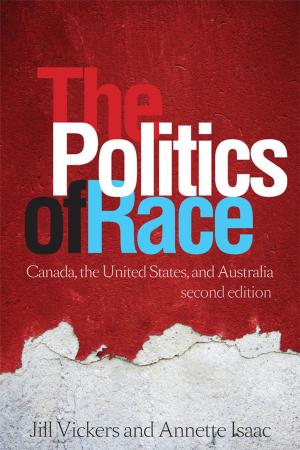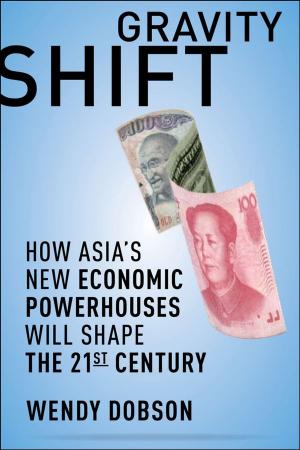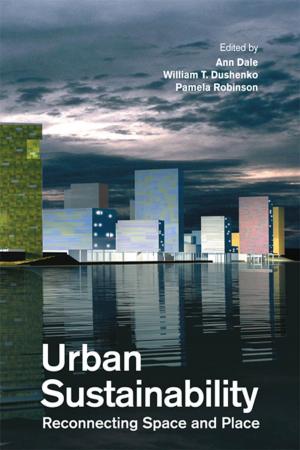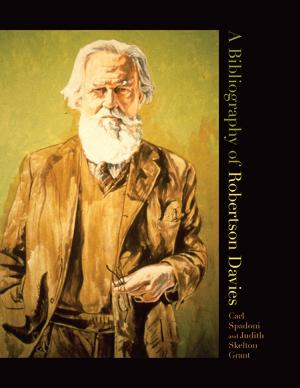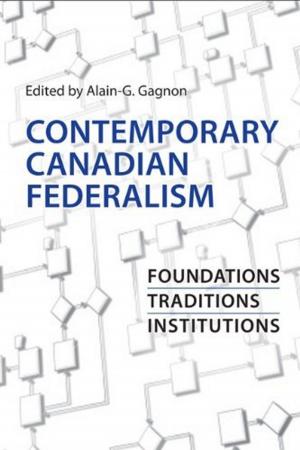Revitalizing Liberal Values in a Globalizing World
Nonfiction, Social & Cultural Studies, Political Science, Politics, Economic Policy| Author: | Ruud Lubbers | ISBN: | 9781442655812 |
| Publisher: | University of Toronto Press, Scholarly Publishing Division | Publication: | December 15, 2000 |
| Imprint: | Language: | English |
| Author: | Ruud Lubbers |
| ISBN: | 9781442655812 |
| Publisher: | University of Toronto Press, Scholarly Publishing Division |
| Publication: | December 15, 2000 |
| Imprint: | |
| Language: | English |
The longest serving Dutch Prime Minister (1982-94), Professor Lubbers is known for his support of liberal values, social equity, human rights, democratic governments, and spirituality. In this book he explores ways to conciliate these values with global economization.
Dr. Lubbers argues that the global economy created by new information technologies has led to a competitive world atmosphere that works against social equity, local movements, and national interests. In this context he urges that steps be taken to ensure that the new era evolves in the interests of justice, peace, and fairness. Such steps may include combining the governance of nation states; providing development assistance; supporting initiatives in legislation and jurisprudence, such as an international criminal court, and initiating a global dialogue on values. For Dr. Lubbers, liberal values mean a "just, sustainable, and participatory society."
This volume presents the third in a series of lectures that offer reflections by well-known figures on topical, liberal-oriented themes. This particular lecture has the distinction of never having been delivered, since Toronto was in the midst of a crippling snowstorm on the afternoon of 14 January 1999, when Lubbers was scheduled to speak at Victoria University. The two earlier volumes in the series present lectures by John Kenneth Galbraith and Michael Ignatieff.
The longest serving Dutch Prime Minister (1982-94), Professor Lubbers is known for his support of liberal values, social equity, human rights, democratic governments, and spirituality. In this book he explores ways to conciliate these values with global economization.
Dr. Lubbers argues that the global economy created by new information technologies has led to a competitive world atmosphere that works against social equity, local movements, and national interests. In this context he urges that steps be taken to ensure that the new era evolves in the interests of justice, peace, and fairness. Such steps may include combining the governance of nation states; providing development assistance; supporting initiatives in legislation and jurisprudence, such as an international criminal court, and initiating a global dialogue on values. For Dr. Lubbers, liberal values mean a "just, sustainable, and participatory society."
This volume presents the third in a series of lectures that offer reflections by well-known figures on topical, liberal-oriented themes. This particular lecture has the distinction of never having been delivered, since Toronto was in the midst of a crippling snowstorm on the afternoon of 14 January 1999, when Lubbers was scheduled to speak at Victoria University. The two earlier volumes in the series present lectures by John Kenneth Galbraith and Michael Ignatieff.







